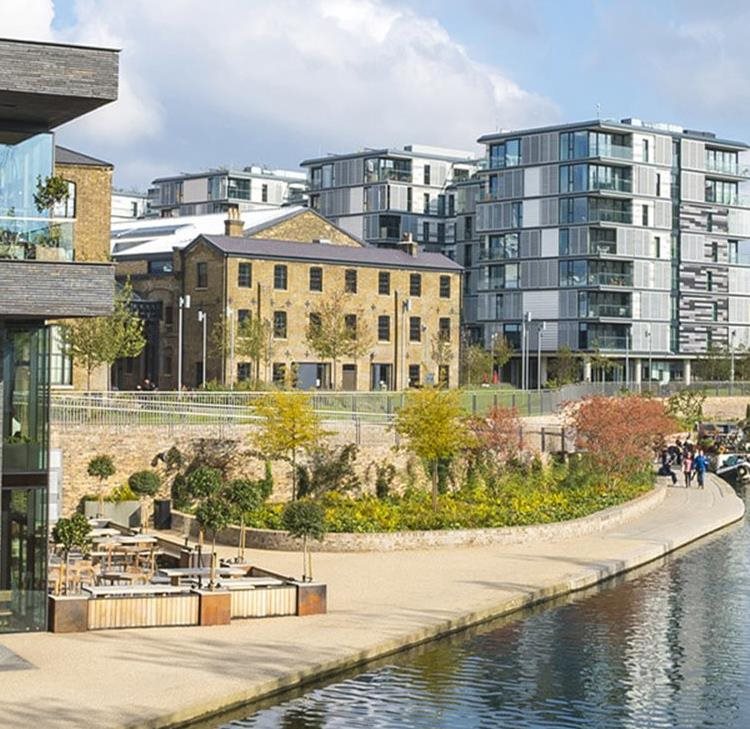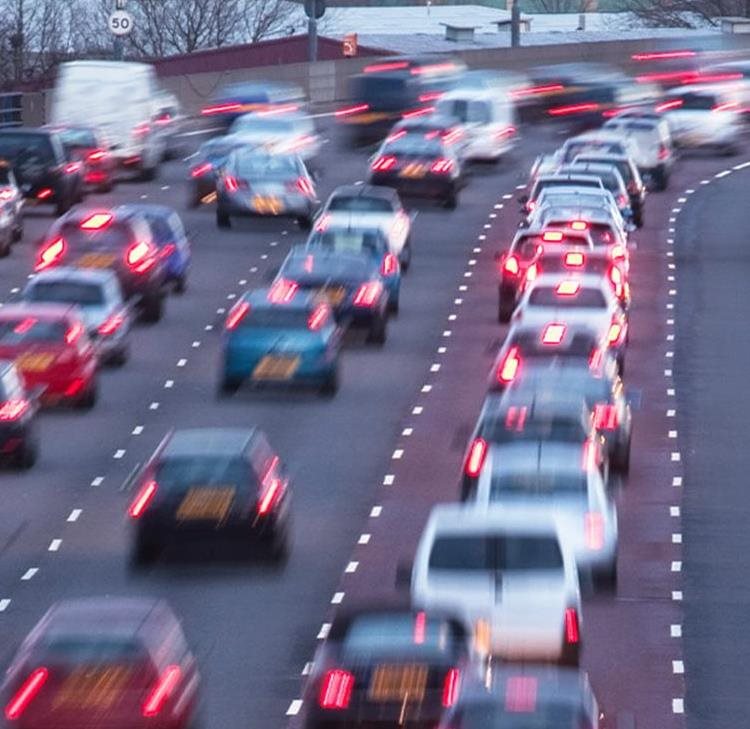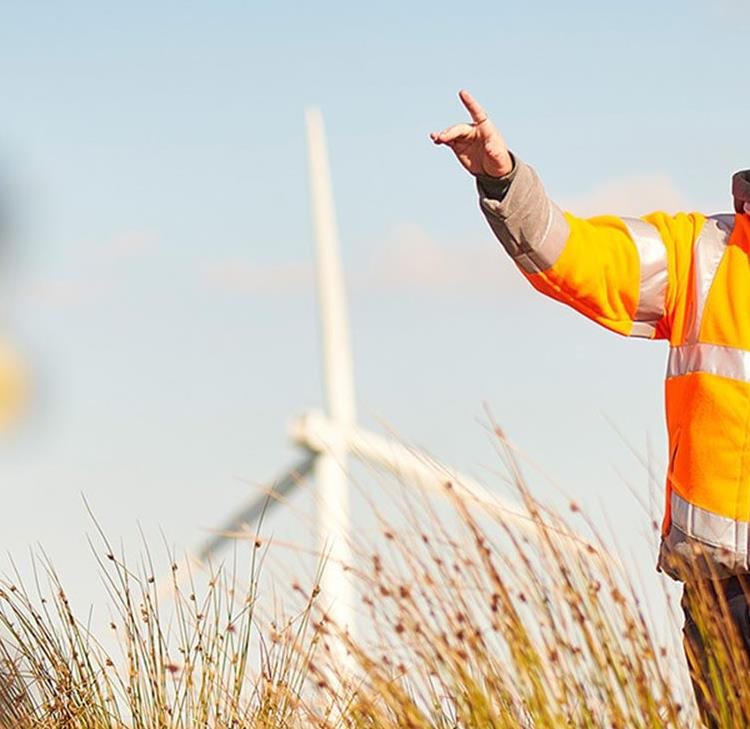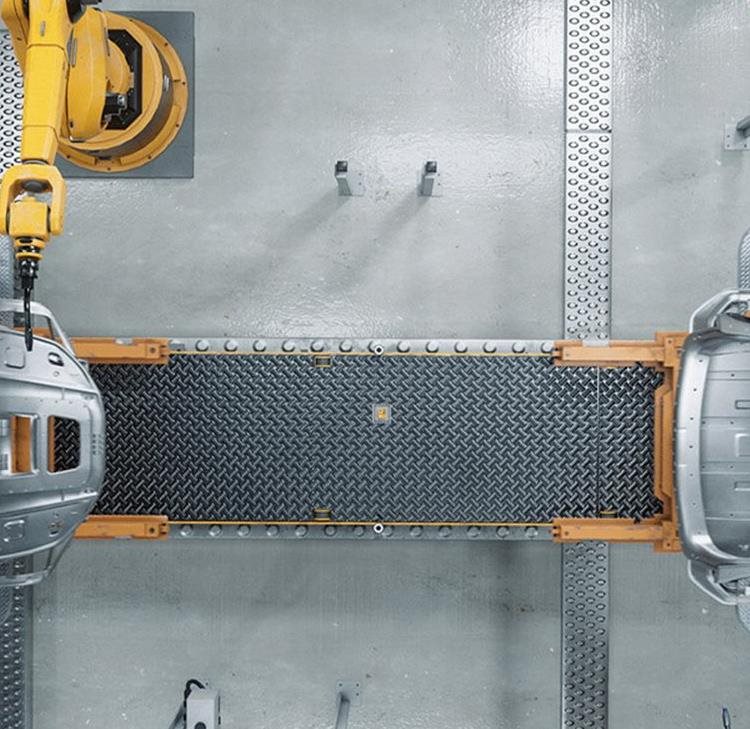FCA 'monitoring' motor and home insurance premiums
The Financial Conduct Authority (FCA) has said that it is “monitoring the situation closely” following car premiums increasing by an average of 21% since June 2022.
The FCA has said the increase is due to a number of factors including energy prices, increases in the cost of repairing cars, paint, labour and spare parts. The regulator predicts further increases in 2024.
The FCA recently wrote a letter to the Treasury Select Committee regarding growing concern about the cost of renewing insurance, particularly car insurance and home insurance saying that it was "particularly difficult for consumers experiencing cost-of-living pressures."
The FCA acknowledged that in recent years car insurance and home insurance products have been “loss-making or marginally profitable for many insurers”. Warning cost of car insurance to rise this year - BBC News.
Fraud and “Fronting”
Price comparison websites have (unsurprisingly) reported that young drivers have been hit hardest by increases in car insurance costs.
The Insurance Fraud Bureau (IFB) has previously warned of a rise in the number of people added to the insurance Fraud Register (IFR) - with 100 people added every week and millennials representing about half of that number. There is now fairly widespread concern that numbers could increase further as the high costs of car and home insurance could tempt more people than ever to commit fraud amid the cost of living crisis.
The top five reasons for individuals being added to the IFR are:
1. Submitting fake no-claims-discount documentation
2. Fronting – i.e. when someone puts themselves down as a named driver for a vehicle for which they are actually the owner/main driver.
3. Exaggerating damage or injury on what would otherwise be a legitimate claim.
4. Claiming for lost items which are later proven to be in possession.
5. ‘Crash for Cash’ scams (staged motor collisions).
For many young people the cost of car insurance has become so prohibitive that they may consider becoming a named driver on a vehicle where they are actually the main driver, with for example, a parent listed as the main driver, in a misguided attempt to keep costs down. This constitutes insurance fraud and those who do this risk being added to the IFR, which can impact future policies, and result in criminal conviction.
Worryingly, some consider they have “no other option” and that “being a named driver is the only way anyone can afford to do this”. Car insurance: Young drivers risk fraud to save on costs - BBC News. There is also concern that cost have become so prohibitive that more people will start driving without insurance altogether.
What does this mean for insurers?
Insurers may see further rises in insurance fraud as the cost of living crisis continues, placing further pressure on people’s finances.
Insurers should ensure they have policies that have robust fraudulent claims provisions which comply with the Insurance Act 2015. It would also be sensible for insurers to carefully review the questions they are asking of proposers to ensure there is no room for policyholders to claim a ‘misunderstanding’ when giving incorrect information pre-inception.
Contents
- Update: Further debates on the Automated Vehicles Bill in the House of Lords this month
- Insurance and the escalating situation in Suez Canal
- Welsh Government inks new regulations for Acupuncture, Body piercing, Electrolysis and Tattooing
- The regulators’ pet project
- Biodiversity Net Gain: A new landscape for restoration clauses
- 80% of GAP market pause sales amid Consumer Duty concerns
- Parametric flood policies - Insurers no longer in uncharted waters?
- LockBit unlocked: International taskforce takes down major cyber criminal organisation
Key contact

Tim Johnson
Partner
tim.johnson@brownejacobson.com
+44 (0)115 976 6557






















![Al Mana Lifestyle Trading L.L.C. & Others v United Fidelity Insurance Company PSC & Others [2023] EWCA Civ 61 – Update](/getattachment/b24270a8-0bb3-4a8a-bcf0-37830f99591b/shutterstock_710149084_6x4.jpg?variant=HeroImageTabletVariantDefinition)


















